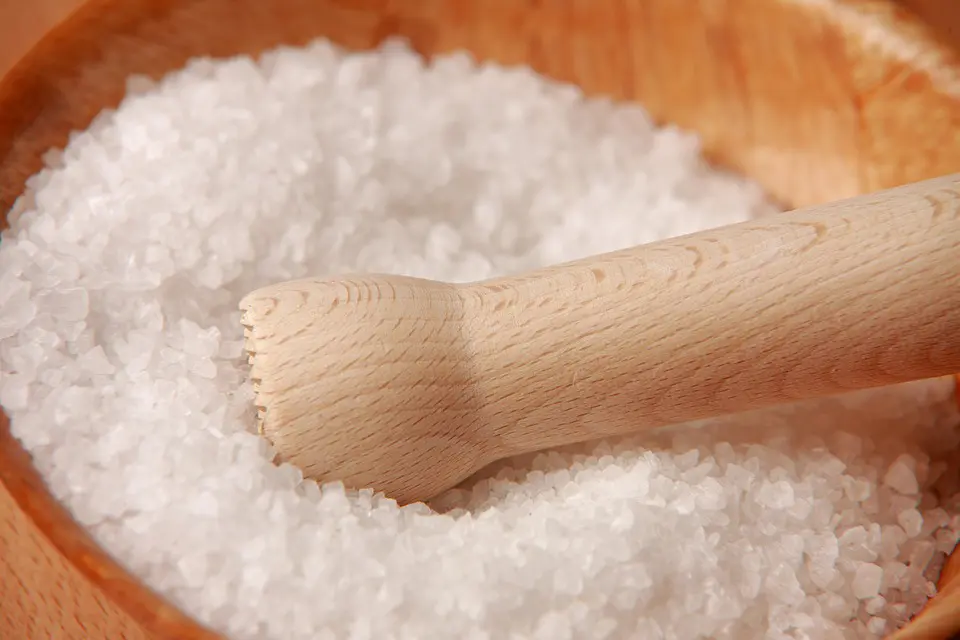Although not recommended as a substitute for modern dental hygiene, a salt water mouth rinse has been proven useful for people with gum sores, a sore throat, or those who have just undergone dental procedures. A salt water rinse is a good complement to the accepted dental hygiene practices.

(Pixabay / andreas160578)
The use of salt for various purposes in health care dates back to old medical scripts. The early Egyptians provided recipes for various medicinal treatments that utilized salt to fight infections. The medicinal treatment recipes were found in the papyruses that dated back to 1600 BC. Following the examples of the early Egyptians, the ancient Greeks used salt for similar purposes.
As a mouth rinse, salt water has been proven to reduce dental bacteria, as it increases the pH balance in the mouth, which the bacteria do not like. An alkaline environment will result in the death of bacteria, as they thrive in an acidic environment. The use of salt water mouth rinse will make it difficult for bacteria to multiply.
People who underwent minor dental surgical procedures are also helped significantly by a salt water mouth rinse. Salt is an isotonic solution, which simply means that it contains the same type of salt and minerals that are found in the human body. Because salt is an isotonic solution, it will not irritate the mucous membranes in the manner that medicinal mouthwash will. The gentle healing properties of salt are the reason why dentists recommend that you rinse your mouth with salt water after a surgical procedure.
Making a salt water mouth rinse is easy. All you need to do is mix a teaspoon of salt with a cup of warm water. Use the mixture as mouth rinse every two or three hours with salt water for the first few days after your dental surgery. For the next days, use the salt water rinse three to four times a day.
A salt water rinse can soothe and heal your mouth sores. It will help in the early recovery from strep, common colds, or tonsillitis. In the event that you run out of regular mouthwash, you can use salt water mouth wash as a substitute.
While using your salt water mouthwash, do not forget to continue with your other oral hygiene practices.
